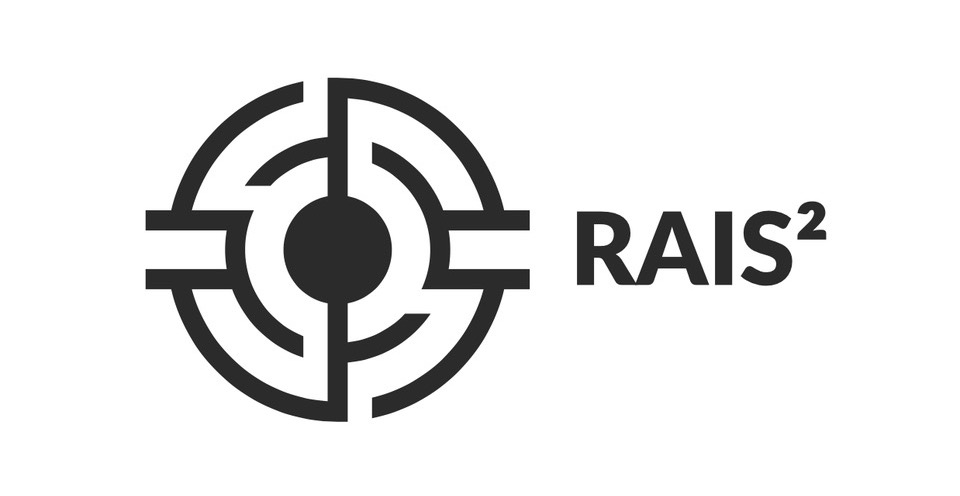Study Programs
At the University of Bayreuth, you will find a wide range of well-integrated courses in computer science, data science, and artificial intelligence – from solid basic studies in computer science to research-oriented master's programs and interdisciplinary additional qualifications. The bachelor's and master's programs combine theory and practice, offer a wide range of choices (e.g., AI, HCI, software engineering, scientific computing, business informatics), and build bridges to other disciplines such as philosophy, law, and economics. Many of the programs are taught in English and are closely linked to ongoing research..
Bachelor Programs
- Computer Science (B.Sc.)Hide
-
Broad basic education in practical and theoretical computer science, plus mathematics, minor subject (e.g., physics, law, economics, media, engineering), and general studies. Typical elective requirements range from AI, IT security, and HCI to robotics. More information.
- Applied Computer Science (B.Sc.)Hide
-
Broad education in computer science with a specialization (bioinformatics, engineering informatics, business informatics). Three study phases ranging from fundamentals to interdisciplinary specialization to project internship & bachelor's thesis. More information.
- Data, Science & AI (B.A./B.Sc.)Hide
-
English-language, interdisciplinary bachelor's degree with a solid foundation in mathematics and computer science, consisting of two phases: fundamentals (semesters 1–3) and specialization (semesters 4–6). Choice of tracks such as mathematics, computer science, natural and life sciences, AI and data science, human-centered data science. More information.
- Business Informatics (B.Sc.)Hide
-
Interface between business administration and computer science: Basic studies in the first four semesters (including programming, software engineering, databases, marketing/finance, advanced mathematics), followed by projects/seminars and specializations such as business analytics & AI, digital life, digital processes & products, digital sustainability management, design of smart systems, strategic information management. More information.
Master Programs
- Computer Science (M.Sc.)Hide
-
Research-oriented, predominantly English-language master's degree. Special feature: Project semester with several supervised research projects as a bridge to the master's thesis; wide range of elective topics (including software engineering, parallel & distributed systems, databases, visual computing, algorithms, HCI). More information.
- Philosophy & Computer Science (M.A./M.Sc.)Hide
-
Fully English-language, interdisciplinary master's degree. Year 1 establishes a common foundation across four tracks (for computer science backgrounds, philosophy backgrounds, mixed, or “development”), while Year 2 offers specializations (e.g., Intelligent Systems, Ethics of New Technologies, Policy & Regulation, Data Analysis/ML, HCI), including practical experience/internship. Degree is M.A. or M.Sc. depending on focus. More information.
- Scientific Computing (M.Sc.)Hide
-
International Elite Master's program (Elite Network Bavaria) in mathematical modeling, numerical simulation, data analysis, and applications of AI and high-performance computing with close links to industry/research (excursions, modeling seminars, mentoring). Goal: to efficiently model and calculate complex technical, natural, and economic systems. More information.
- Business Informatics (M.Sc.)Hide
-
Master's degree with basic modules (research methods; core computer science including machine learning, data analysis & visualization, emerging digital technologies/Web 3.0), specializations (including business analytics & AI, digital life, digital processes & products, digital sustainability management, design of smart systems) plus freely selectable supplementary modules. More information.
Complementary Programs
- Data LiteracyHide
-
For all subjects: Collect, manage, analyze, and use data critically and responsibly. Structure: One compulsory module depending on prior knowledge (either “Computational Thinking” or “Data Analysis Project”) plus elective modules such as databases, data modeling & knowledge generation, data ethics & critical thinking, text mining, social network analysis. More information.
- Computer Science and Digitalization (DigiZ) for Law StudentsHide
-
For law students/LL.B.: systematic digital skills (including legal tech, AI, blockchain) with a high degree of freedom of choice across five module areas; no thesis required. More information.

